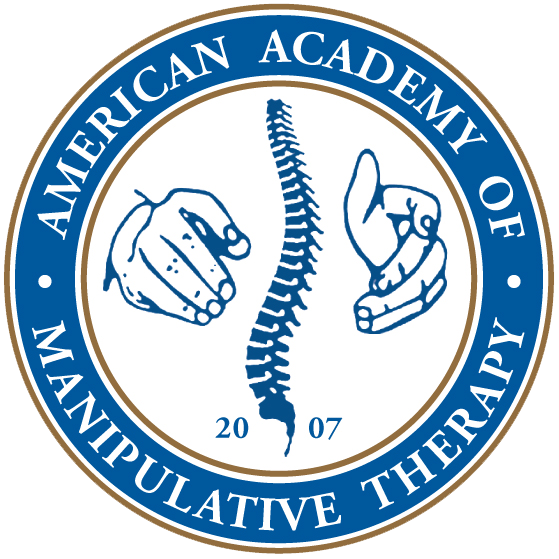MSKU-6: Diagnostic Musculoskeletal Ultrasound & Regenerative Medicine Applications
Diagnostic Musculoskeletal Ultrasound (MSKU) is an evidence based, cost efficient, imaging modality. MSKU has diagnostic accuracy comparable to magnetic resonance imaging (MRI) for common soft tissue pathology, including enthesopathy, tendinopathy, ligament pathology, joint pathology of the cervical/thoracic/lumbar spine and sacroiliac joint. Licensed healthcare professionals including physical therapists (PT), medical doctors (MD), osteopathic doctors (DO), Chiropractors (DC), physician assistants (PA) and nurse practitioners (NP) meet the educational requirements to practice MSKU and work towards the prerequisites needed to sit for the national registry exam in musculoskeletal sonography (RMSK) and advanced courses in MSKU.
This advanced three-day live in-person course includes 70% hands-on practical training and 30% didactic instruction. This “masterclass” focuses on the essential concepts of regenerative medicine and rehabilitation as it relates to the use of advanced diagnostic ultrasound, orthobiologic interventions, manipulative therapy, ultrasound guided dry needling, radial and focused extracorporeal shockwave therapy, and exercise/loading strategies. Mechanisms behind effectively combining manipulative therapy, advanced dry needling therapies, extracorporeal shockwave, blood flow restriction exercise, and tissue loading parameters with be addressed. How these interventions compliment the use of regenerative injections like prolotherapy, hyaluronic acid, platelet rich plasma, and stem cells – as a portion of rehabilitation or stand-alone treatment will be reviewed. The laboratory component will address advanced diagnostic ultrasound scanning, and multi-modal treatment protocols for pathologies addressed in previous AAMT Dry Needling Courses (1-3), and MSKU courses (1-5), in addition to the use of extracorporeal shockwave therapy.
Treatment of common upper extremity diagnoses will be included but not limited to shoulder pathologies (acromioclavicular joint, rotator cuff, labral complex), elbow pathology (medial and lateral epicondylalgia, ulnar collateral ligament, radiocapitellar joint, ulnotrochlear joint, radial tunnel syndrome and tendinous attachments of the triceps surae), and wrist and hand pathology (joint, ligament and pulley pathology, carpal tunnel syndrome, and tenosynovitis).
Treatment of lower extremity pathologies including but not limited to hip pathology (trochanteric pain syndrome, tendinous sources of femoroacetabular impingement, and insertional tendinopathies), Knee pathology such as quadriceps and patellar tendinopathies, fascial pathologies/impingement of the patellar region, collateral ligament pathologies, meniscal pathologies, and osteoarthritis will be addressed. Foot and ankle pathologies such as ligament tears to the anterior talofibular/deltoid ligament, achilles tendinopathy, plantar fasciopathies, and insertional tendinopathies of the peroneus brevis/flexor hallucis brevis will be reviewed.
In the axial skeleton, review of the common pathologies behind symptoms of facet entrapment of the cervical and lumbar spines, costotransverse joint capsular pathology, thoracolumbar fascia insertional tears, nuchal raphe tears / subluxations, origin tendinopathies associated with cervicogenic headaches and dizziness, scapulothoracic conditions such as bursopathies and insertional tears, ligament tears of the lumbosacral spine (iliolumbar ligament, long dorsal sacroiliac ligament, sacrotuberus ligament), and thoracolumbar fascia insertional tears at the lumbar and sacral attachments will also be discussed.
Lecture and live demonstrations with expert clinicians are utilized to prepare the participant for extensive exposure to regenerative rehabilitation techniques during lab sessions. This is an advanced course and is not required for preparation of the national RMSK registry exam. Prerequisite: prior clinical experience (or certification) with the use of dry needling and high-velocity thrust spinal manipulation



